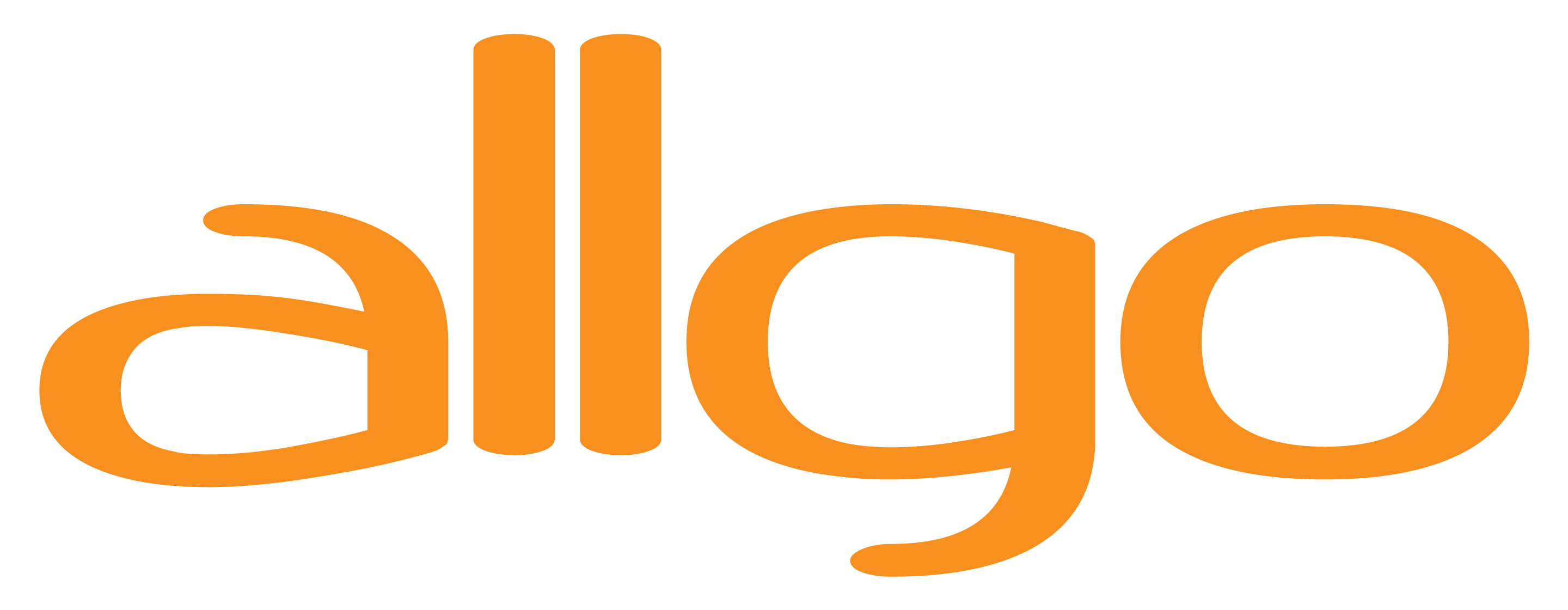By Jae Lin

For many of us, an ever-growing portion of our lives is online these days. The internet is often a place of connection and solidarity. Sometimes, it’s the first place we really find community as queer and trans people of color. The internet provides information, content, and discourse that is relevant and updated in a way that can’t be found in many other forms of media.
However, with this increase of engagement and data comes an increase in vulnerability. Online harassment, account hacks and takeovers, and generally harmful behavior has proliferated alongside the expansion of the internet into our lives. Particularly as queer people of color who are often activists, organizers, or simply called to defend our very existence online, our presence may be targeted as a group or specifically as an individual by those who are resentful of our resilience.
You deserve to exist in online spaces without having your privacy and personal information violated. As with many things, prevention is the most effective tool for increasing your cyber security. It can be exceedingly stressful to feel vulnerable or violated, but at the same time internet security can seem very daunting and intimidating. You don’t have to take it on all at once. Here are three free and relatively straightforward steps you can start working on today to immediately enhance your safety and security online.
Avoid Logging in Via Facebook, Google, Twitter, etc
When making a new account on certain platforms, you may have noticed that there is often an option to “Login with Facebook” or Google or any other widely used platform. While it may seem convenient and quick, this often requires you to accept many permissions that hands over data on your profile, personal information, posts, and sometimes even private messages.
Instead, sign up with a unique login and password for every account you create or manage. The challenge is, however, remembering so many unique and secure passwords, which brings us to our next point.
Use a Password Manager
Using the same (or variations of the same few) passwords creates a huge vulnerability for your online profiles and accounts. If any one of your accounts get compromised, that security breach spreads to all accounts that share that password or login.
Password managers allow you to use highly secure and diverse passwords for all of your accounts because they store all of your unique passwords and account logins in a virtual vault with enhanced security. As a result, you only need to remember you master password to the password manager, which you can make extra secure. (We recommend using a passphrase that includes many words and characters.)
Not only does using a password manager make your accounts more secure, it also makes accessing them more convenient. No more repeatedly failed password attempts trying to remember password variations; most password managers include extensions that will fill in your login information automatically (once you’ve signed in with your master password). And if you don’t like the feeling of putting all your crucial login information in one basket, you can use multiple services, or keep some vital accounts (like bank or work logins) individually remembered.
There are many free password managers that can help you bolster your cyber security like LastPass, Dashlane, and 1Password.
Enable Two Factor Authentication
Two factor authentication (2FA) refers to using two separate levels of security to unlock an account, usually a combination “something you know and something you have.” A password would be the “something you know;” the “something you have” can be a multitude of different things but these days is most commonly your cell phone. For example, some accounts will text you a code after you enter the correct password. This adds an extra layer of security to your accounts and you should use 2FA whenever you can. Even if someone discovers your password, they would also need to obtain your cell phone in order to log in if you have 2FA enabled.
These three things just scratch the surface of cyber security, but they are relatively accessible and free. It is powerful to take your internet security back into your own hands, knowing that there are steps you can take to protect yourself.


